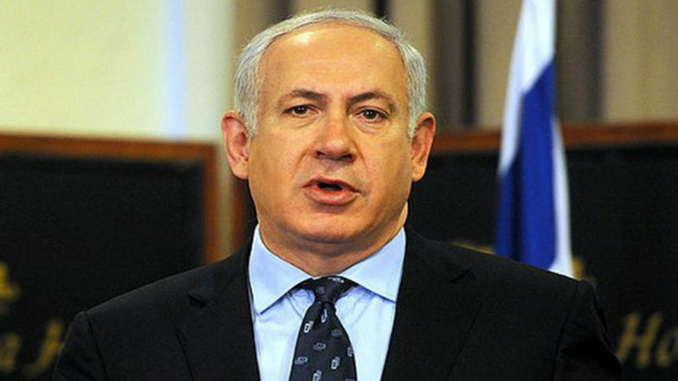
A cease-fire agreement was negotiated by Egypt on Monday morning, allowing both Israeli and Hamas forces to stand down as civilians both in recognized Israel and the Palestinian-occupied territories were able to return to their normal lives. The cease-fire began at 4:30 AM; businesses were declared open and schools seated students at normal Monday hours.
The agreement comes after a weekend of deadly clashes between terrorists and the Israeli government. The negotiation was not simply with Hamas but with the other splinter terrorist forces in the Palestinian-controlled areas.
Abu Mujahed, spokesman for the Palestinian Resistance Committees, a coalition of various terror groups in the Gaza Strip, confirmed that the ceasefire went into effect at 4:30 am Monday. “The ceasefire agreement was reached on condition that the occupation implements the previous understandings to lift the blockade on the Gaza Strip,” he said.
Jerusalem Post
According to Al-Jazeera, the reasons for the unexpected Hamas flare-up are tensions which had been increasing due to blockade pressures from Israel and recent aid cuts to Hamas supporters from their internal political rivals, the Palestinian Authority. There are also suspicions that Iran, which is the primary foreign backer of Hamas, may have had a hand in the attacks; in recognition of that possibility, a targeted killing was arranged by Israel of senior Hamas leader Hamed Ahmed Abed Khudari, who was known to be responsible for large money transfers between Iran and the terror group.
Hamas began the most recent round of hostilities with a rocket attack in the early hours of Saturday morning, when the Israeli Iron Dome defense system destroyed many of the incoming weapons and one struck in the Ashkelon municipality. Rocket attacks continued, with Israeli airstrikes delivered in response. The airstrikes were centered on targets related to Hamas and rocket launch locations, not areas controlled by the Palestinian Authority.
During the course of the fighting, 4 Israelis and 25 Palestinians were killed.
Benny Gantz, Israeli Prime Minister Netanyahu’s most influential political rival, criticized the ease of the agreement, according to Haaretz.
“Another surrender to the blackmail of Hamas and terrorist organizations.”
“All the government did, once again, is lay the next round of fighting at our door,”
As always, the long-term value of the cease-fire will ultimately be measure by how long it lasts and what developments occur in the interim.
